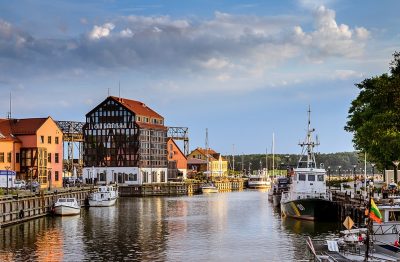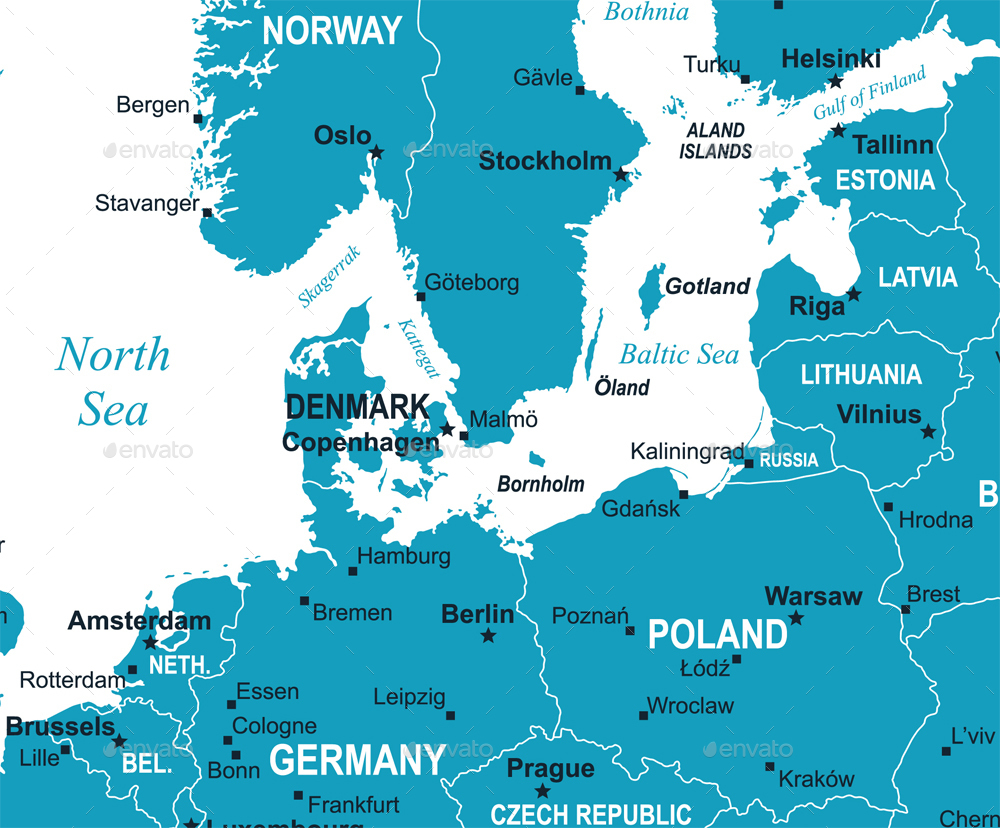Militarization of the Baltic Sea: Lithuania Anxious to Attract NATO to Use its Klaièpo Sea Port, to Threaten Russia

Featured image: Port City Klaipėda (Source: Wikimedia Commons)
A NATO defense ministers meeting that took place in Brussels on November, 8-9, resulted in the new and very important decisions for the future of Europe.
Speaking at a meeting, Secretary General Jens Stoltenberg said it is vital that European roads, ports, bridges and rail networks are able to carry tanks and heavy military equipment. Stoltenberg also added that NATO countries have agreed to cooperate to improve civil infrastructure objects to make them usable for military needs.
What does it mean in practice for Europe in general and for the Baltic States in particular?
The Lithuanian authorities, for example, will for sure try to attract NATO attention to the capabilities of its largest sea port – Klaipėda on the Baltic sea. As it is well known, that Klaipėda is one of the few ice-free ports in northernmost Europe, and the largest in Lithuania. It serves as a port of call for cruise ships as well as freight transport. The port was always an important gateway of trade between East and West. But times have changed.
The gateway is open now only for the West. The East day by day refuses services because EU economic sanctions against Russia that Lithuania actively supports have caused Moscow’s response: i.e. redirection of its traffic to other ports.
Moreover, the Russian Ministry of Transport has declared that the redirection of Belarusian oil products from the Baltic ports to Russian ones will begin already in 2017.
The Lithuanian government seeks new partners to raise money in order to support the Klaipėda port which is experiencing difficulties due to the loss of Russian and Belarus transit.
Does the Lithuanian government intend to propose to NATO a more active use of its largest port for military purposes?
Evidently that is the easiest way to cope with the economic problems by means of somebody else. As usual the authorities do not think about the consequences of such steps.
The Baltic States have firmly established themselves as the most begging countries in Europe. And every new step in their foreign policy worsens their image and forecloses their sovereignty. Inevitably Russia will see in Klaipėda’s militarization a serious threat to its security.
The image of main potential victim of Russia doesn’t make Lithuania stronger in the eyes of large political players and the time will come when nobody will take Lithuania as a self-sufficient partner. Making Klaipėda a military port Lithuania puts an end to any possibility to return Russian and Belarus goods to the port.
NATO promises new roads, bridges, new railway networks, airports and sea ports without concern regarding the new wave of misunderstanding and the increased security risks in the region.


